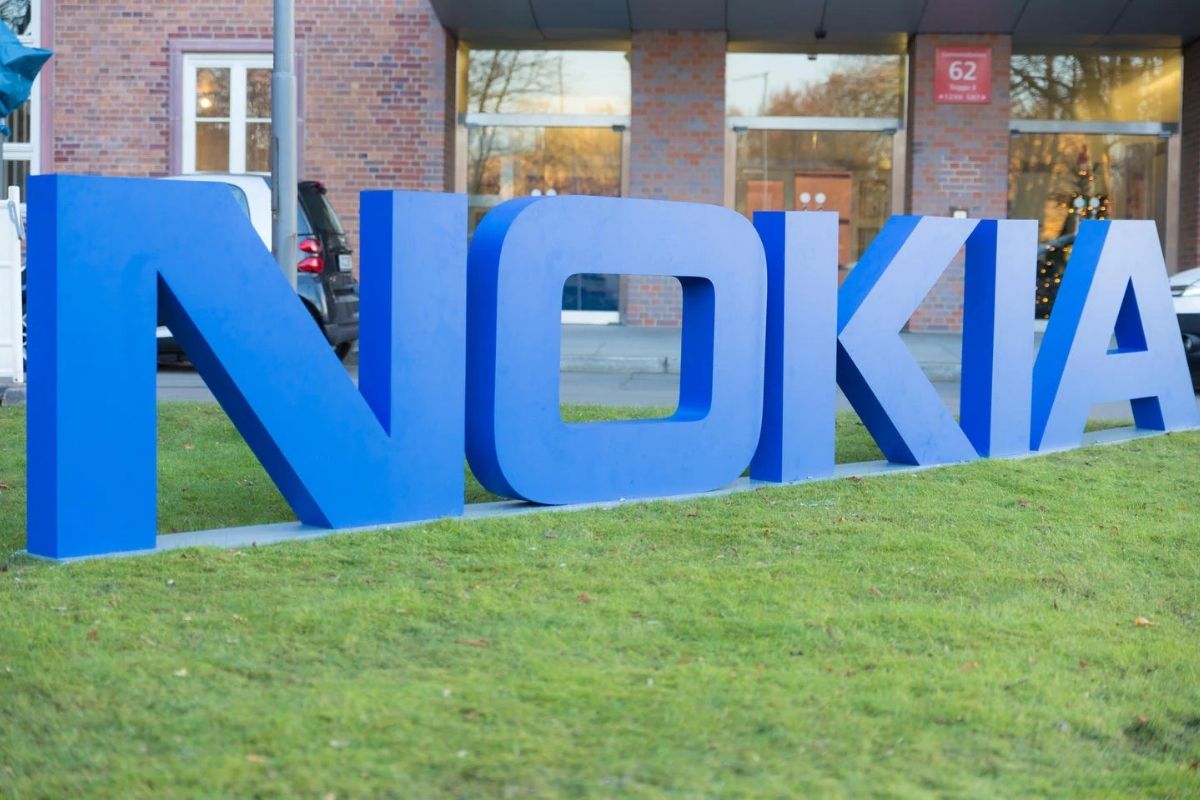Nokia Canada announced plans to use funds from the federal, provincial, and local governments to convert its campus in Ottawa into a sustainable research and development (R&D) hub. The three tiers of government will each contribute CAD72 million ($40 million), including CAD30 million from the province and CAD2 million from the city of Ottawa. According to Nokia, it will contribute CAD340 million ($248 million) to the program.
A Brand-New Tech Hub in Ottawa Will Increase Nokia Canada’s Capacity
Nokia Canada anticipates breaking ground in 2023 and opening its new plant in 2026. The 26-acre site of Nokia Canada at the Kanata North Business Park will undergo this transformation into a mixed-use corporate, residential, and commercial centre. Nokia Canada’s capabilities in 5G, cybersecurity, artificial intelligence (AI), and machine learning will increase as a result of the new R&D cluster. The supplier said that Nokia Canada’s capability for next-generation information and communications technology (ICT) and cybersecurity innovation will increase with the opening of the new tech centre. Nokia added that more than 340 new high-paying positions are anticipated to be created as a result of this transformation effort. By utilising sustainable technology, such as water-side heat recovery, air-side heat and energy recovery, water-side free cooling, and rainwater harvesting, the new Ottawa site will assist Nokia in reaching its global goal of reducing greenhouse gas emissions by 50% by 2030. The statement made recently, according to Nokia Canada President Jeffrey Maddox, strengthens the company’s dedication to the Canadian market, where it has spent CAD 1.4 billion on research and development over the previous five years. His mission to enhance people’s lives in Canada and around the world will be furthered by Nokia’s R&D hub, which will produce entirely new Canadian IP and sell cutting-edge advanced telecommunications and cyber security solutions. The renovated site should allow Nokia Canada to add more than 340 roles, bringing the total number of employees in Ontario to 2,500, 2,160 of whom will be located in Ottawa. Last week, Ericsson Canada collaborated with a number of Montreal-based colleges to investigate how artificial intelligence (AI) might reduce the energy usage of 5G networks in the telecommunications industry. As per the Swedish vendor, Environment and Climate Change Canada will collaborate with Concordia University, Polytechnique Montréal, and ÉTS to lead this strategic research programme (ECCC). Jim Watson, the mayor of Ottawa, said he wants to congratulate Nokia as well as their federal and provincial governments for investing in the community and boosting their local economy. Not only will more cutting-edge R&D be conducted in Ottawa as a result of this, but it will also result in a more environmentally friendly mixed-use campus for Nokia and generate hundreds of new jobs and co-op/internship opportunities. Through energy savings, the project intends to assist communication service providers in lowering their carbon footprint and operational expenses.
